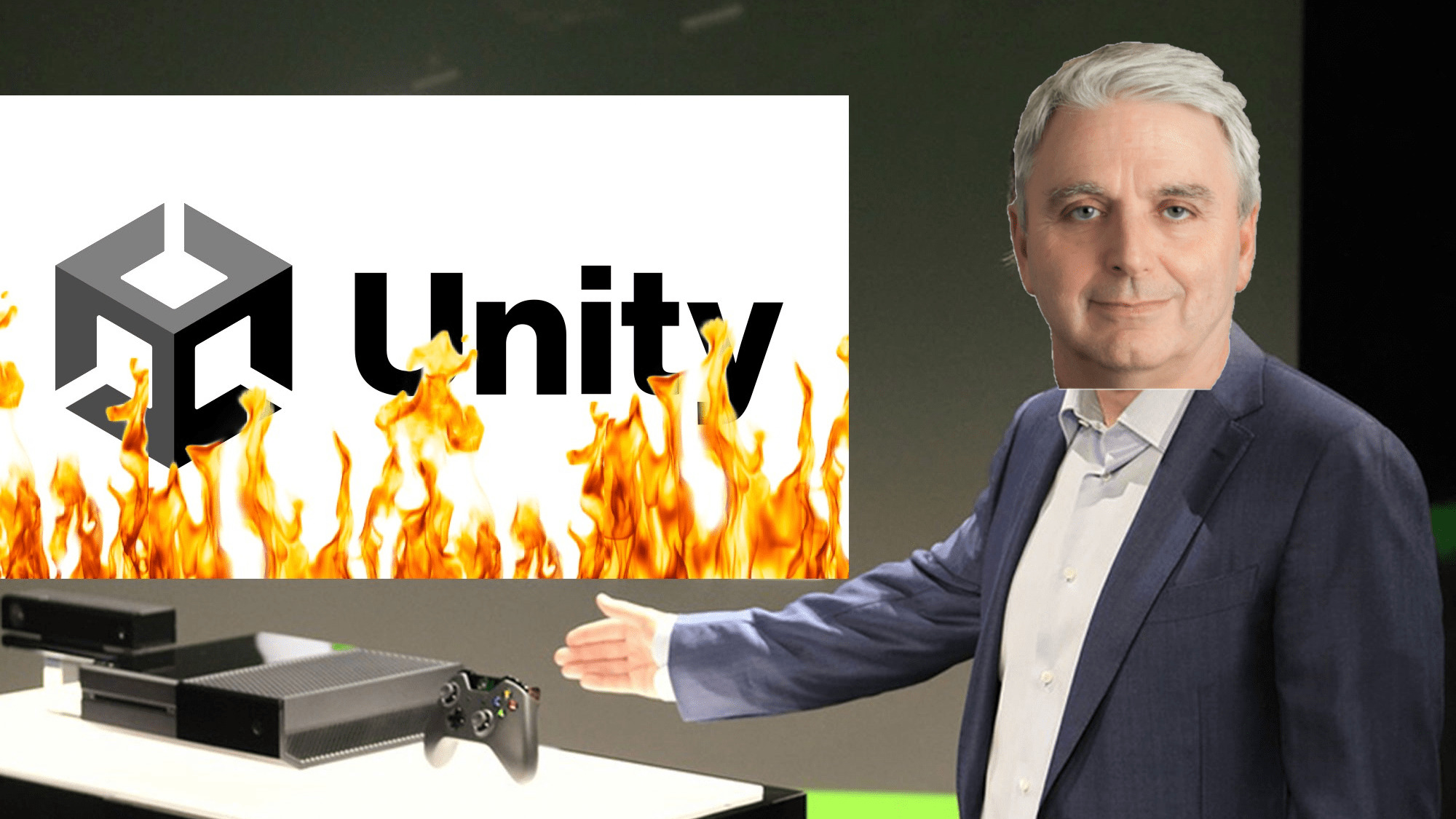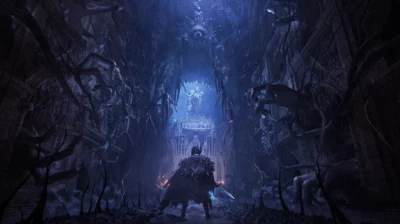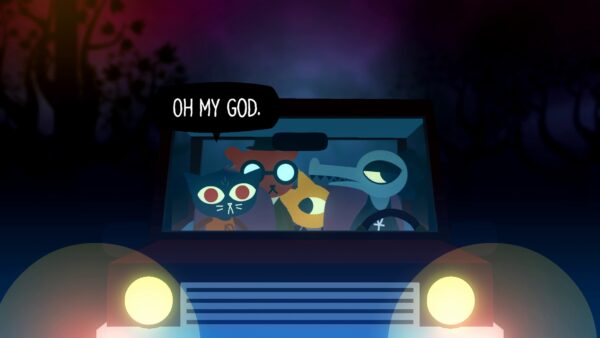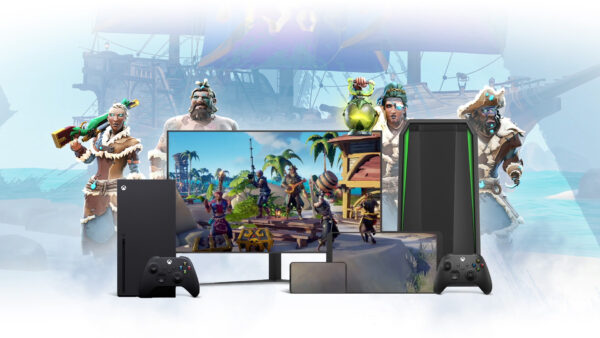
The unveiling of the Unity Runtime Fee echos the confusion and outcry of Don Mattrick’s disastrous Xbox One reveal ten years ago.
The past 24 hours have seen the kind of chaos, anger and disbelief that hasn’t been witnessed in the gaming world since Don Mattrick revealed the Xbox One in 2013 and its ‘always-on’ internet connection, where games would be tied to individual accounts.
The implications of that one change soon began to be discussed frantically on social media, as commenters digested its implications. What if your internet went down? Would that render your console unplayable? What about secondhand games? Would this essentially wipe out the resale market? What if you wanted to take a game over to a friend’s house?
Over the next few days, Microsoft executives scrambled to clarify the rules. Phil Harrison attempted to explain how it would work to Tom Bramwell at Eurogamer, but made such a hash of it that his PR asked Bramwell to come back again a few hours later so Harrison could have another go. Confusion reigned.
Sony was quick to capitalise on its rival’s unforced error, with a cheeky video explaining how used-game sharing would work on PS4 – by simply handing someone a game. Microsoft was soon forced to backtrack on its plans. But the damage was done. Don Mattrick left Microsoft a few weeks later, and the Xbox One arguably never recovered from that disastrous reveal. Microsoft went from having a commanding lead in the console race with the Xbox 360 to settling for a distant second place to Sony’s PS4.
The announcement of Unity’s Runtime Fee feels like history repeating itself. We’ve seen a similar outpouring of shock and anger to that seen in the wake of the Xbox One reveal, as commenters grapple with the implications of Unity levying a charge every time an application created using the game engine is installed.
What about free-to-play games? Will they also be subject to a charge? What about users installing a single game on multiple devices? What about demos? What about games given away as part of a charity bundle? What about titles on Game Pass? What about those on PlayStation Plus? Another Crab’s Treasure developer Aggro Crab pointed out that the fact its upcoming game would be launching on Game Pass meant the Runtime Fee would potentially put “an enormous dent in our income” and threaten the “sustainability of our business”. Others echoed the same concern, including Citizen Sleeper 2 developer Gareth Damian Martin.
Some were quick to highlight that the the Runtime Fee could be hijacked for malicious purposes. Vlambeer co-founder Rami Ismail pointed out that hate groups could target specific developers by creating scripts to install and uninstall their games thousands of times, racking up huge charges for the developer in question.
Many were worried about whether the rules would be retroactive. Would games created years ago still be subject to the install charges from 1 January 2024? Apparently, earlier installs of those games wouldn’t count, but any new installs from January onwards would. “If you were to pull your game from sale, stop using Unity all together but people still installed it, according to them you’d have to pay them?” asked Sable creator Gregorios Kythreotis. “Beyond ridiculous.”
Meanwhile, Unity’s rivals have put the boot in. Epic’s ‘Unreal Engine Evangelist’ Ari Arnbjörnsson swiftly highlighted the simplicity of Unreal’s royalty model. GameMaker’s official account quote tweeted an article on Unity’s announcement with the words: “Interesting choice”. Ismail remarked that Unity’s price change amounted to an “amazing marketing campaign” for its competitors, such as Godot.
In the hours since yesterday’s announcement, Unity has scrambled to clarify what it all means, much in same way that Phil Harrison struggled to explain how game sharing might work on the Xbox One. Stephen Totilo at Axios approached Unity for answers. After being intially told that uninstalling and reinstalling a game would trigger a fee, Totilo was later told that this wouldn’t be the case, after Unity had “regrouped” to clarify the position. But installing a game on a second device would still trigger a payment.
Game demos also wouldn’t be subject to a charge – unless they are part of a download that includes the full game. Games offered as part of a charity bundle also wouldn’t be subject to a fee, and “Unity will provide a way for developers to inform Unity that their games are being offered that way”, Unity executive Marc Whitten said. Studios also wouldn’t be charged a fee for games installed via subscription services such as Game Pass – instead Unity would instead charge the fee to the distributor, which in Game Pass’s case would be Microsoft. One wonders what Microsoft’s thoughts on this might be.
As Unity’s executives were tying themselves in knots trying to explain all the possible edge cases of their new policy, others were wondering how they managed to get themselves in this predicament in the first place. “Wow, what a mess,” said games industry analyst Piers Harding-Rolls. “Surely all these fee cases would have been examined in detail before announcing?” Seemingly not, judging by Unity’s ‘regrouping’ to tackle the question of what would happen if a game was reinstalled multiple times.
Even with all of these clarifications, it’s still not clear exactly how Unity will track all of these installs, and whether it could tell, for example, whether something was a demo. So far all we know is that Unity will use its “proprietary data model” to keep count, although it hasn’t given full details of how this model works. It’s also not clear whether the model will be able to tell whether games have been pirated. If not, developers could end up being charged every time a pirated game is installed. On this matter, Unity said: “We do already have fraud detection practices in our Ads technology which is solving a similar problem, so we will leverage that know-how as a starting point.”
All in all, it’s like the Xbox One debacle all over again, with a wave of confusion and anger the like of which hasn’t been seen in the games industry for years. And just as with that disastrous Xbox reveal, the damage done to the company has been catastrophic. Brandon Sheffield, head of the developer Necrosoft, has already called it “the death of Unity” in a blog post on Game Developer. “If you’re starting a new game project, do not use Unity,” he said. “If you started a project 4 months ago, it’s worth switching to something else. Unity is quite simply not a company to be trusted.”
And it’s that breaking of trust that will be the hardest to put right. How can developers trust Unity now if the company can completely change its financial model at a moment’s notice, even affecting games released years back?
Many are placing the blame directly with Unity’s CEO, John Riccitiello. He already sparked anger last year by calling developers who push back against monetisation “fucking idiots”. Riccitiello joined Unity in 2014 after leaving EA, and since then he has been on a drive to push Unity into profitability, part of which has involved laying off 900 staff this year. Many are calling on him to resign in the wake of the chaos caused by the Runtime Fee announcement.
Time will tell whether he follows in Don Mattrick’s footsteps. But given the outcry around the unfair, impractical and seemingly unworkable Unity Runtime Fee, it seems almost inevitable that this new policy will be axed, just as the Xbox One’s ill-thought-out ‘always-on’ internet connectivity was dropped before it was even rolled out.
Whatever happens, people won’t forget – just like they haven’t forgotten Don Mattrick’s worst day.





